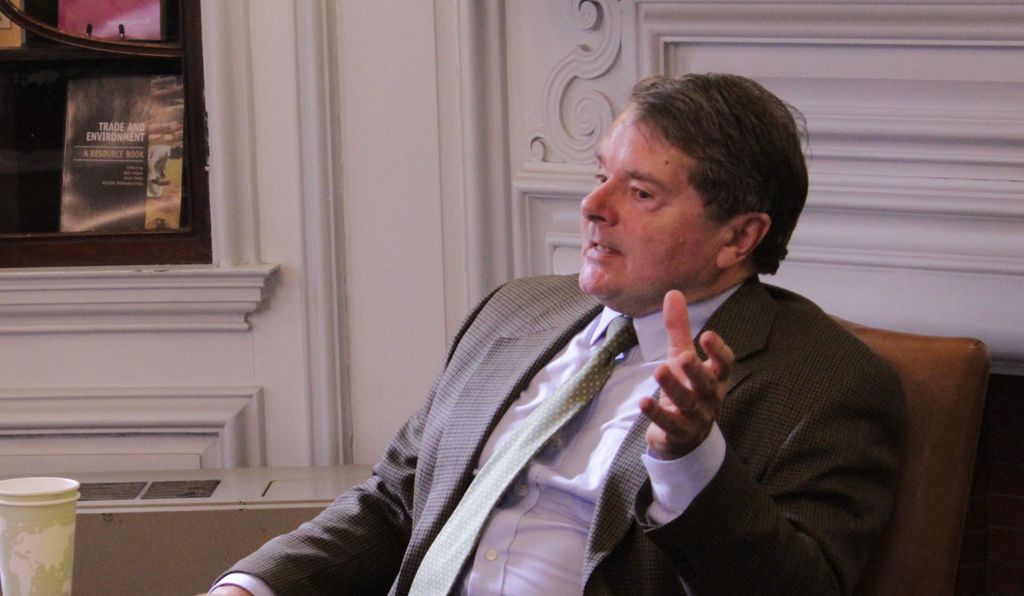Hare Discusses Cuba’s Global Response to COVID-19 in The Guardian
Ambassador Paul Webster Hare, Senior Lecturer in International Relations at the Frederick S. Pardee School of Global Studies at Boston University, was quoted in a Guardian article on the deployment of Cuban doctors to help combat the coronavirus in Europe. The story, published on May 6, 2020, was entitled “‘Doctor Diplomacy’: Cuba Seeks to Make its Mark in Europe Amid Covid-19 Crisis.”
In the article, Hare mentioned Cuba’s “doctor diplomacy” policy, which was launched by Fidel Castro soon after his 1959 takeover as a means of using the island’s highly trained professionals to export revolutionary ideas and garner allies.
An excerpt from the article:
“Fidel was very strategic. He saw they had a surplus of doctors and he saw it as a way of garnering diplomatic support initially. Cuba has not been like North Korea – they have always wanted international support,” Hare said.
The scheme has since become an essential economic lifeline: while some missions are provided free of charge, other countries pay Cuba for the medical services, bringing in $6.3bn (£4.8bn) annually and making it Havana’s largest source of foreign currency.
The full story can be read here.
Amb. Paul Hare was a British diplomat for 30 years and the British ambassador to Cuba from 2001-04. He now teaches classes at Boston University on Diplomatic Practice, Arms Control, Intercultural Communication, and on Cuba in Transition. His novel, “Moncada — A Cuban Story,” set in modern Cuba, was published in 2010. His book, “Making Diplomacy Work; Intelligent Innovation for the Modern World” was published in 2015.
